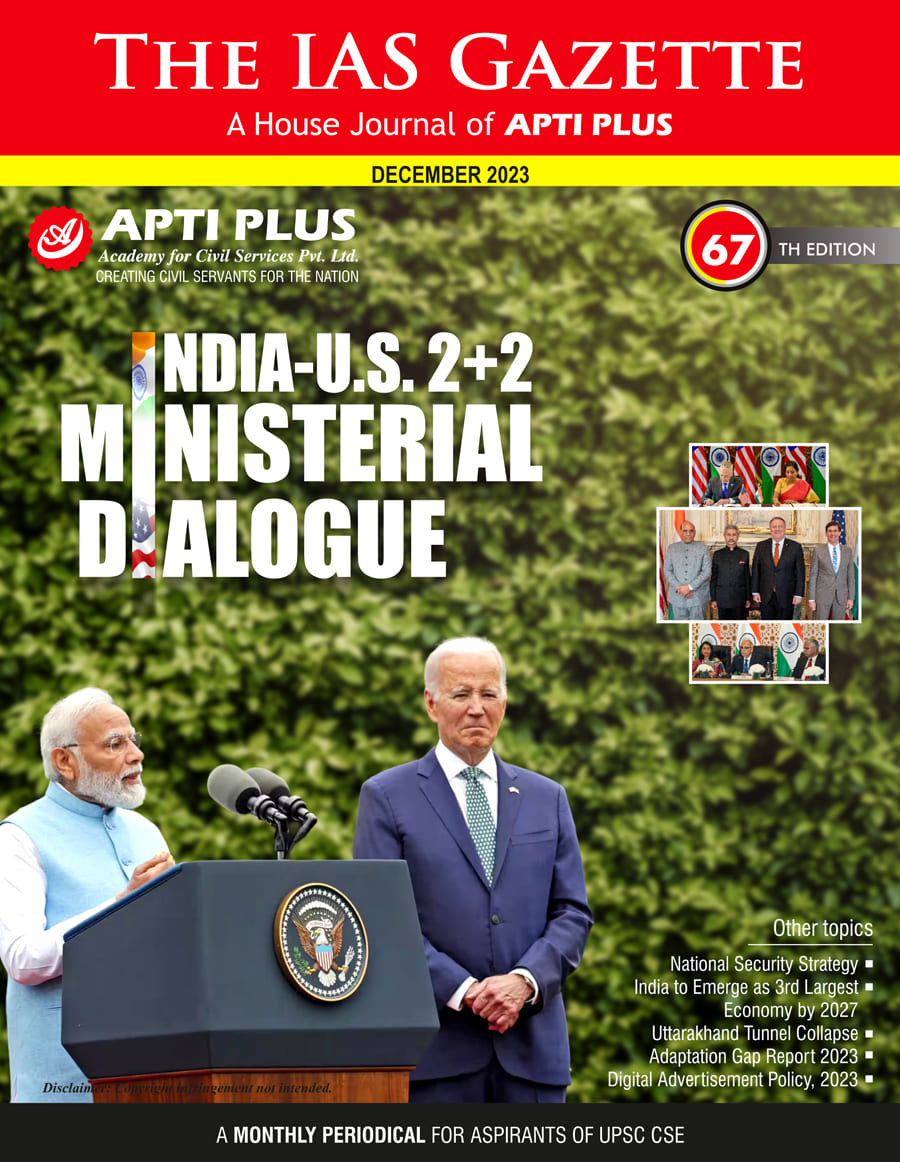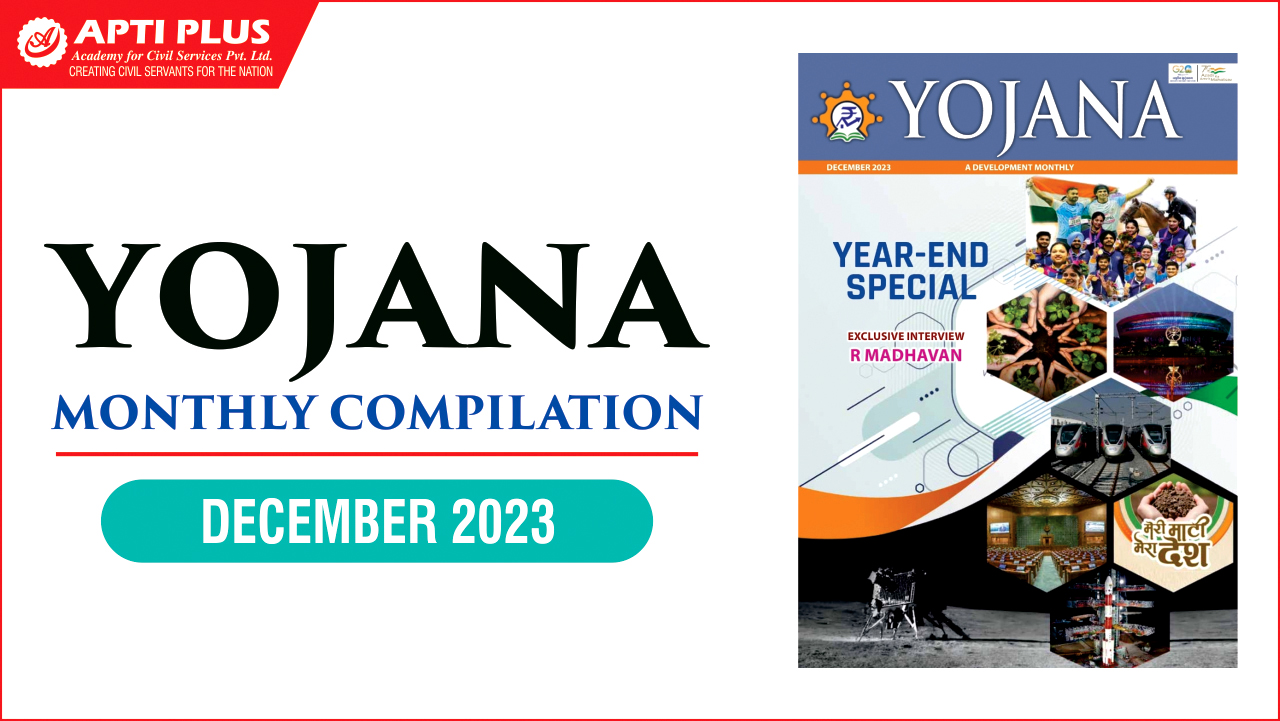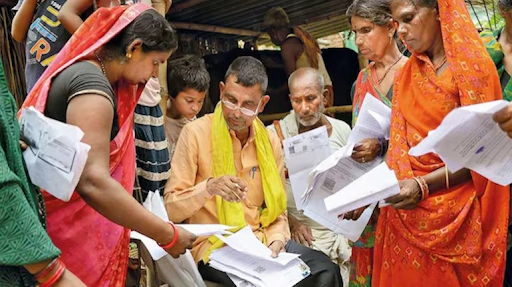Description
.png)
Copyright infringement not intended
Picture Courtesy: timesofindia.indiatimes.com
Context: The Election Commission of India has introduced new rules for the allocation of symbols to Registered Unrecognized Political Parties (RUPPs).
Details
- Registered Unrecognized Political Parties (RUPPs) are parties that are either newly registered, have not secured a sufficient percentage of votes in elections, or have never contested elections after registration. The common symbols are provided to these parties based on their undertaking to field at least 5% of total candidates in a Legislative Assembly election.
- To ensure transparency, the Election Commission had earlier mandated that RUPPs wishing to avail the benefits of a common symbol must submit proof of up-to-date contribution reports, audited annual accounts, updated election expenditure statements, and the latest organization details.
- The new rules now make it mandatory for RUPPs to include these details in the application form for symbols.
Key requirements under the new rules include:
- Furnishing audited accounts of the last three financial years.
- Providing expenditure statements of the last two elections.
- Including the signature of the authorized office-bearer of the party on the application form for symbols.
|
Previously, RUPPs submitted these details separately, but now they are integrated into the application format. Additionally, an annexure has been added to the application, declaring that the party has submitted the requisite reports. These changes are aimed at streamlining the process and enhancing transparency in the allocation of symbols to RUPPs.
|
Registered Unrecognised Political Parties in India
- India is a multi-party democracy where political parties play a crucial role in the electoral process and governance. The Election Commission of India (ECI) is the constitutional authority that regulates the registration and recognition of political parties in India.
- According to the ECI, as of September 2021, there were 2858 registered political parties in India, out of which only 62 are recognised as either national or state parties, while the remaining 2796 are registered unrecognised political parties (RUPP).

What are RUPP and how are they different from recognised parties?
- RUPP are those parties that are either newly registered or have not secured enough percentage of votes or seats in the assembly or general elections to become a state or national party or have never contested elections since being registered. Such parties do not enjoy all the benefits and privileges extended to the recognised parties by the ECI.
1.png)
How are RUPP registered and regulated by the ECI?
- The registration and regulation of RUPP are governed by Section 29A of the Representation of the People Act, 1951 (RPA), which empowers the ECI to register political parties and prescribe conditions for their continued registration.
- A party seeking registration under Section 29A has to submit an application to the ECI within 30 days of its formation along with certain documents and information, such as:
- A copy of its constitution and rules.
- A list of its office bearers and members.
- A declaration that it bears true faith and allegiance to the Constitution of India and upholds its sovereignty, unity and integrity.
- A declaration that it does not have any connection with any foreign organization or government.
- An affidavit stating that no member of the party is a member of any other political party registered with the ECI.
- A statement of its income and expenditure for the previous financial year.
- A statement of its contribution report for the previous financial year.
|
The ECI verifies the application and documents submitted by the party and grant it a provisional registration if it is satisfied that the party has fulfilled all the requirements. The provisional registration is valid for six months, during which the party has to furnish further information and documents as required by the ECI. If the party complies with all the conditions, it is granted a final registration and allotted a free symbol for contesting elections.
|
The ECI also monitors and regulates the activities and conduct of RUPP to ensure that they adhere to the provisions of the RPA and other relevant laws. The ECI can take action against RUPP for violating these provisions, such as:
- Failing to submit their address or any change in address to the ECI.
- Failing to submit their income and expenditure statements and contribution reports within the prescribed time limit.
- Failing to maintain proper accounts and audit reports.
- Engaging in any unlawful or corrupt practice during elections.
- Having any connection with any foreign organisation or government.
|
The action taken by the ECI can range from issuing notices, warnings, directions, censures, reprimands, de-recognition, freezing or withdrawal of symbols, disqualification of candidates or members, imposition of penalties or fines, or deletion from the list of registered parties.
|
Challenges and issues faced by RUPPs
- Lack of visibility and credibility: Due to their limited resources, reach and recognition, RUPP find it difficult to create awareness and attract support among the voters. They also face a credibility gap as they are often perceived as non-serious, opportunistic or frivolous by the media and the public.
- Lack of representation and participation: Due to their low vote share and seat share, RUPP have negligible or no representation in the legislatures and the government. They also have limited or no participation in the policy-making and governance processes. They are often excluded from the consultations, deliberations and debates on various issues of public interest.
- Lack of accountability and transparency: Due to their weak organisational structure, internal democracy and financial management, RUPP faces issues of accountability and transparency in their functioning. They are often accused of being involved in money laundering, tax evasion, criminal activities, defections, mergers or splits.
_2.png)
Conclusion
- RUPP are an integral part of Indian democracy as they represent the diverse voices and views of the people. They also contribute to the vibrancy and dynamism of the political system. However, they face several challenges and issues that hamper their functioning and performance. Therefore, it is necessary to improve their role and performance by strengthening their registration and regulation process, enhancing their benefits and privileges, encouraging their coalition and cooperation, and promoting their internal democracy and governance.

Must Read Articles:
Registered Unrecognised Political Parties: https://www.iasgyan.in/daily-current-affairs/registered-unrecognised-political-parties
Appointment of Election Commissioners: https://www.iasgyan.in/daily-current-affairs/appointment-of-election-commissioners
National Party: https://www.iasgyan.in/daily-current-affairs/national-party-43
Election Symbol: https://www.iasgyan.in/daily-current-affairs/election-symbol
|
PRACTICE QUESTION
Q. How do political parties shape and influence the democratic landscape in India, and what role do they play in the country's governance and decision-making processes?
|




.png)
.png)
1.png)
_2.png)



